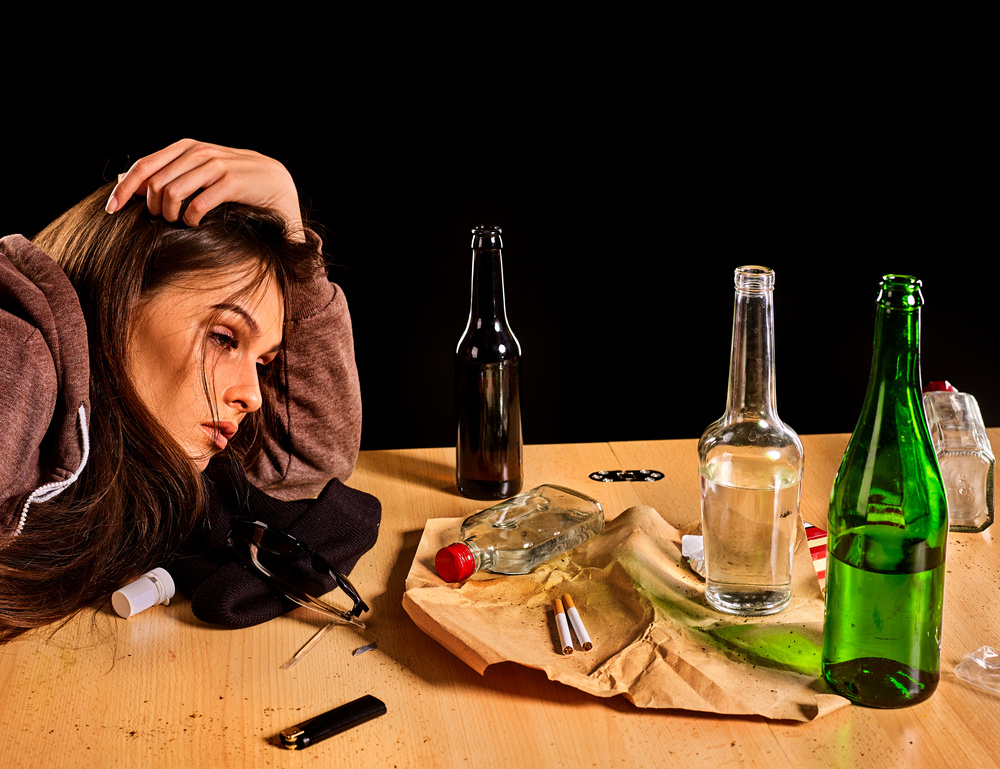Overcoming Addiction in the Native American Community: Unique Challenges and Strategies
Addiction, also known as substance use disorder (SUD), is listed in the Diagnostic and Statistical Manual of Mental Disorders, Fifth Edition (DSM-5) as a chronic brain disorder. It is characterized by compulsively engaging in rewarding stimuli despite adverse consequences. The Mayo Clinic explains addiction as a disease “that affects a person’s brain and behavior and leads to an inability to control the use of a legal or illegal drug or medication.” The general treatment protocol for addiction is often comprised of the following three stages, in sequential order: detox, participation in a formal substance abuse and/ or addiction treatment program, and aftercare.
An estimated 5.6 million Native Americans (classified as American Indian and Alaska Native alone or in combination with one or more other races), which is equal to 1.7% of the total population, live in the United States. Compared to the general U.S. population, Native Americans experience much higher rates of substance abuse. Further, data indicates that Native Americans have the highest rates of alcohol, marijuana, cocaine, inhalant, and hallucinogen use disorders compared to other racial and ethnic groups. Members of the Native American community face unique challenges when it comes to overcoming substance use disorder for a variety of reasons. Some of these challenges and strategies to support recovery, provided by The Substance Abuse and Mental Health Services Administration (SAMHSA), include the following:
- Limited access to mental health services: Access to addiction treatment services for Native American community members is severely limited due to barriers such as geographic remoteness and lack of resources. Further, most clinics and hospitals of the Indian Health Service are located on reservations, yet the majority of Native American people live outside of tribal areas. Efforts should focus on strengthening partnerships between healthcare providers and tribal communities to improve access to quality healthcare, including mental health and addiction treatment services, and expand resources within tribal communities.
- Socio-economic disparities and lack of health insurance: Data from Mental Health America revealed that compared to non-Hispanic whites (5.9%), nearly 3 times as many Native Americans (14.9%) had no health insurance, and approximately 43% of Native Americans rely on Medicaid or public coverage. Due to high levels of poverty, many Native Americans face economic barriers that prevent them from receiving treatment. Strategies should address these disparities by promoting economic development, providing job training programs, and improving access to education and employment opportunities.
- Lack of culturally competent service providers and insufficient adaptations to treatment protocols: A qualitative study, examining the challenges of providing substance abuse treatment services for American Indian and native communities, concluded that “substance abuse treatment services for AI/AN communities require more integrated, individualized, comprehensive, and longer-term approaches to care.” Studies have shown that cultural identity and spirituality are important issues for Native Americans seeking help for substance abuse. Culturally competent interventions that incorporate traditional healing methods, ceremonies, and involve Native American elders, healers, and community leaders can enhance treatment outcome.
The SAMHSA reports that 13% of Native Americans need substance use treatment, but only 3.5% receive any treatment. Overcoming addiction in the Native American community involves addressing unique challenges and implementing culturally sensitive addiction prevention and treatment strategies.
For Information and Support
Substance abuse and addiction can be incredibly dangerous and can result in severe short and long-term consequences. If you or someone you know is suffering from substance abuse or addiction, please get help as soon as possible. The earlier you seek support, the sooner you and your loved ones can return to leading happy, healthy, and fulfilling lives. There is no reason to go through this alone, and we are here to help. Please feel free to reach out to us for further information or with any questions regarding substance abuse or addiction. We are available anytime via telephone at: 213-389-9964, or you can always email us at: info@friendlyhousela.org



